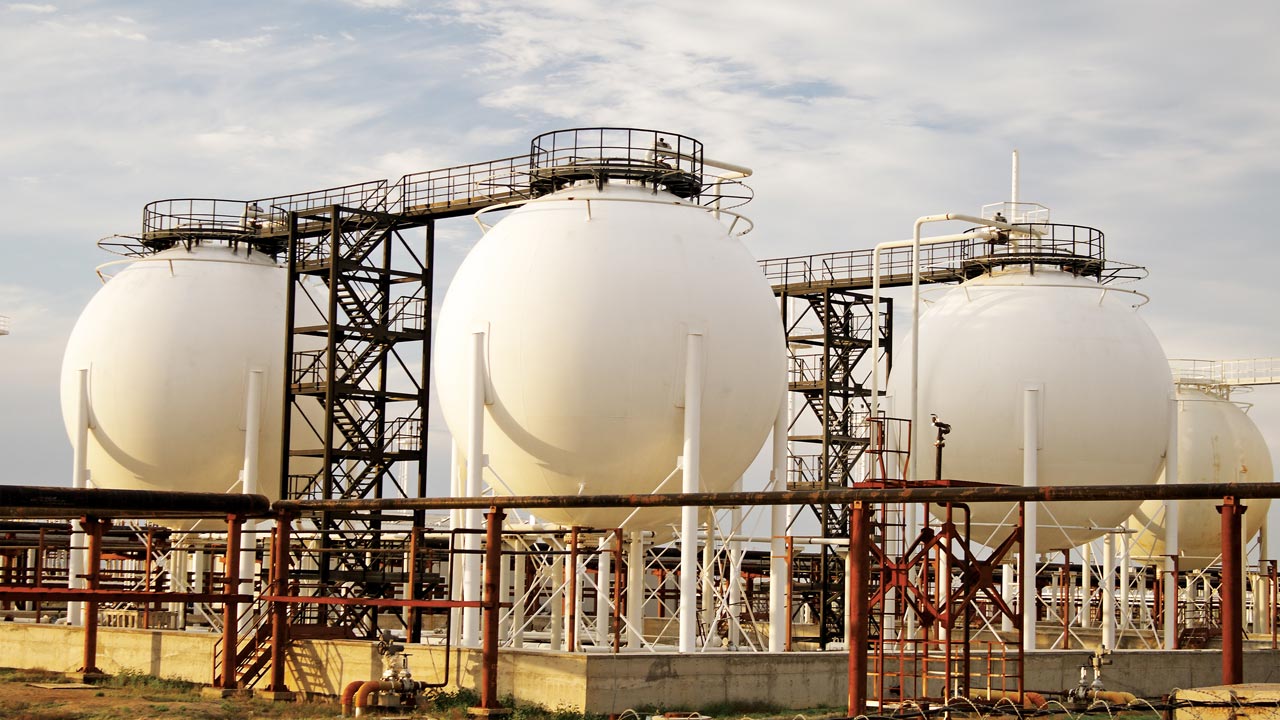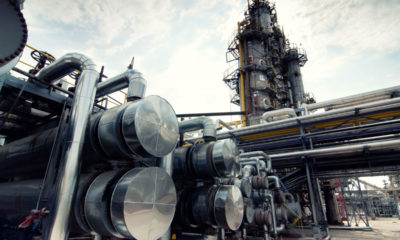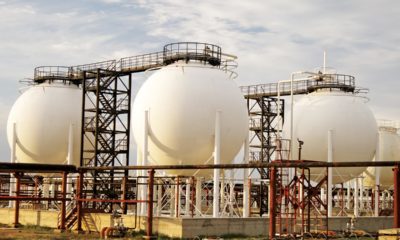The Federal Government of Nigeria has begun the expansion of Liquefied Natural Gas, LNG production capacity to about 30 million tonnes per annum.
This, according to President Muhammadu Buhari commenced at Bonny with the ongoing N-LNG Train-7 project and the gas-powered economy initiative set for 2021-2030 as the decade of gas.
Buhari, on Tuesday, at the sixth Gas Exporting Countries Forum of Heads of State and Government in Doha, Qatar said natural gas will be explored more in Nigeria.
He told the global gas exporting countries present that the federal republic of Nigeria will invest and focus more attention on gas exploitation to enhance its economy.
Investors King reports that the federal government is embarking on projects and enacting policies to enable development in the oil and gas sector.
President Buhari was represented at the event by the Minister of State for Petroleum Resources, Chief Timipre Sylva.
He noted that the Petroleum Industry Act was introduced to make Nigeria dive deeper into natural gas and get more value from it.
Buhari assured that the Petroleum act would provide the required governance, regulatory and fiscal framework to enhance the growth of the gas industry.
Speaking on the initiatives of the government on gas exploitation, the President identified one of the gas initiatives as the National Gas Expansion Programme, channeled towards providing a framework and policy support for gas supply, utilisation in power generation and gas-based industries.
He stated that the Ajaokuta-Abuja-Kano gas pipeline is another initiative, hinting that it will aid five billion cubic feet per day of domestic gas utilisation in the near term and 5-Gigawatt power generation.
“Nigeria, a gas province with some oil, is committed to sustainable growth of natural gas exploitation and utilisation, both for domestic use and export via Liquefied Natural Gas and pipeline gas to sub-regional African countries.
“We therefore need to continue to assess the gas and energy market dynamics both in the short, medium, and long-term, with the aim of taking market opportunities and collectively address the challenges,” he stated.
Buhari urged policymakers, investors, energy industry decision makers, researchers, and technology developers to collaborate to establish modern energy sources like natural gas, to make it available and affordable to all.

 Forex3 weeks ago
Forex3 weeks ago
 Naira3 weeks ago
Naira3 weeks ago
 Billionaire Watch3 weeks ago
Billionaire Watch3 weeks ago



 Naira3 weeks ago
Naira3 weeks ago






 Naira2 weeks ago
Naira2 weeks ago




 Naira2 weeks ago
Naira2 weeks ago






 Naira1 week ago
Naira1 week ago




 Naira4 weeks ago
Naira4 weeks ago




















